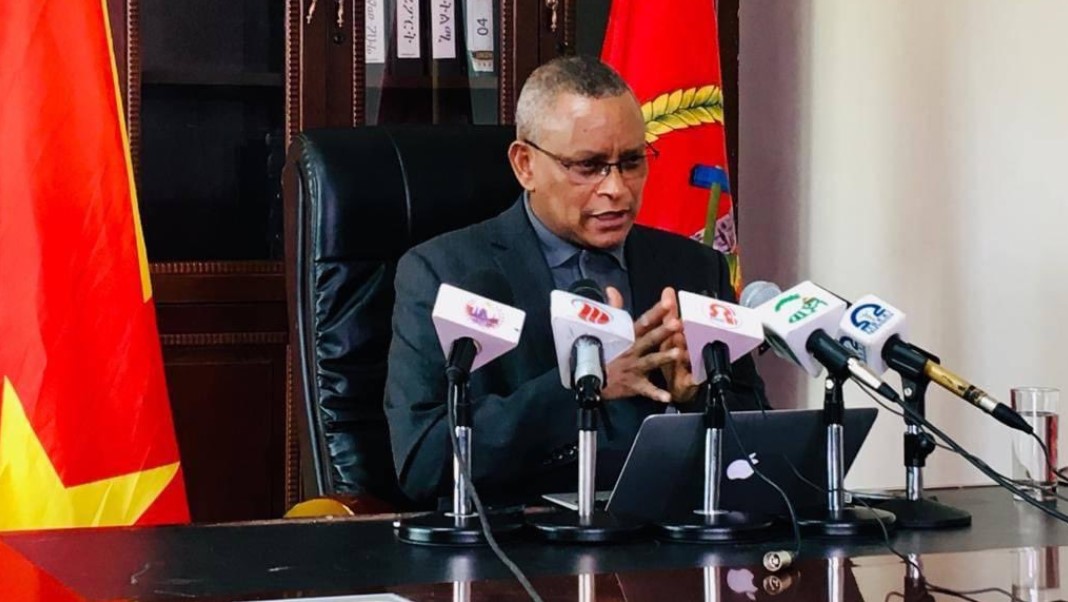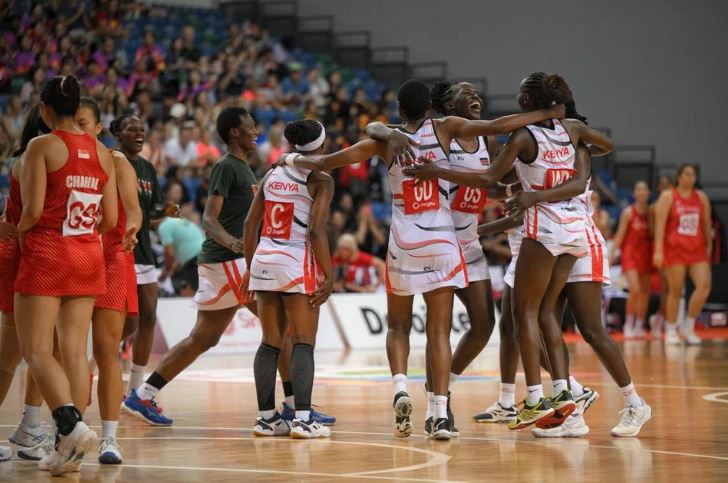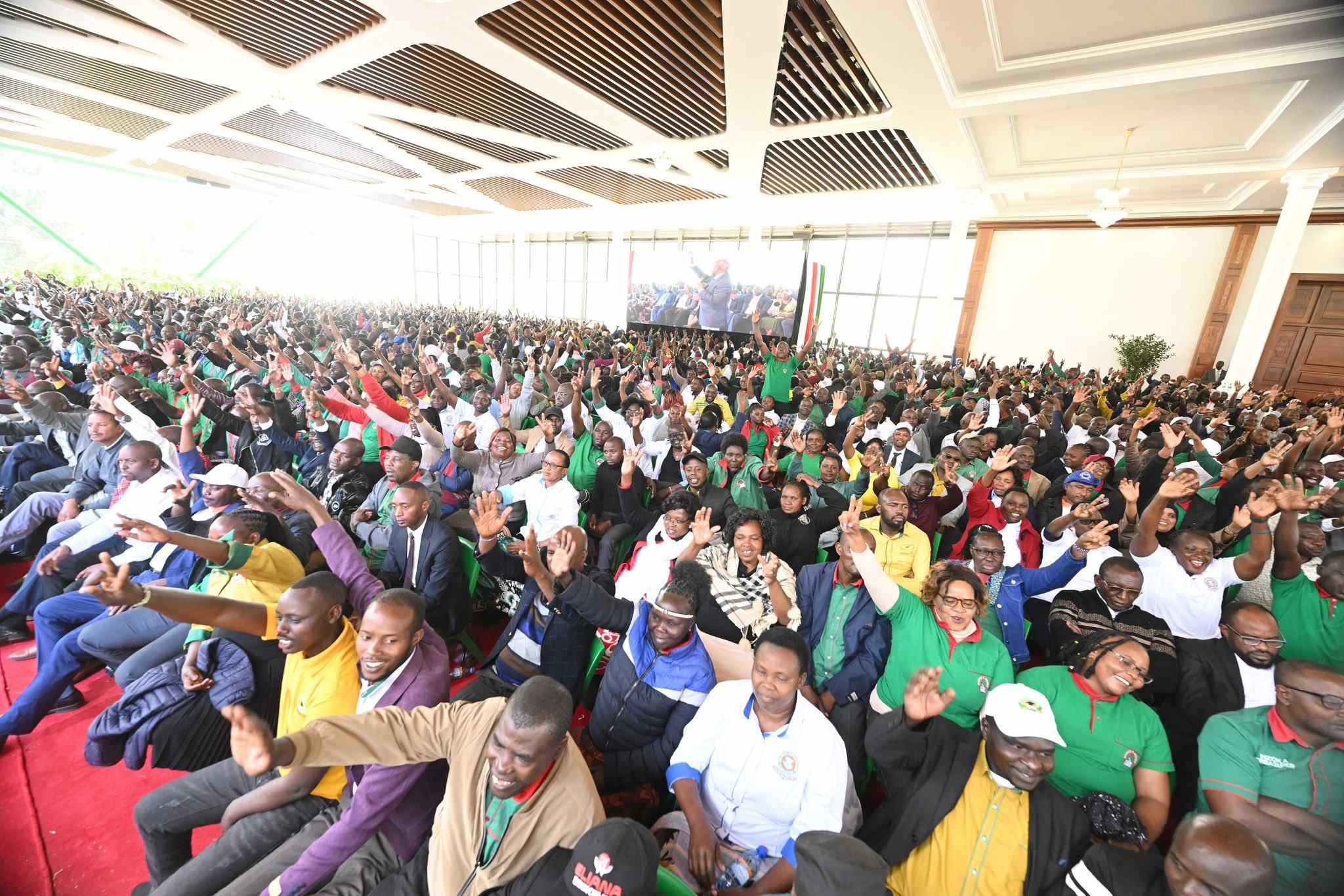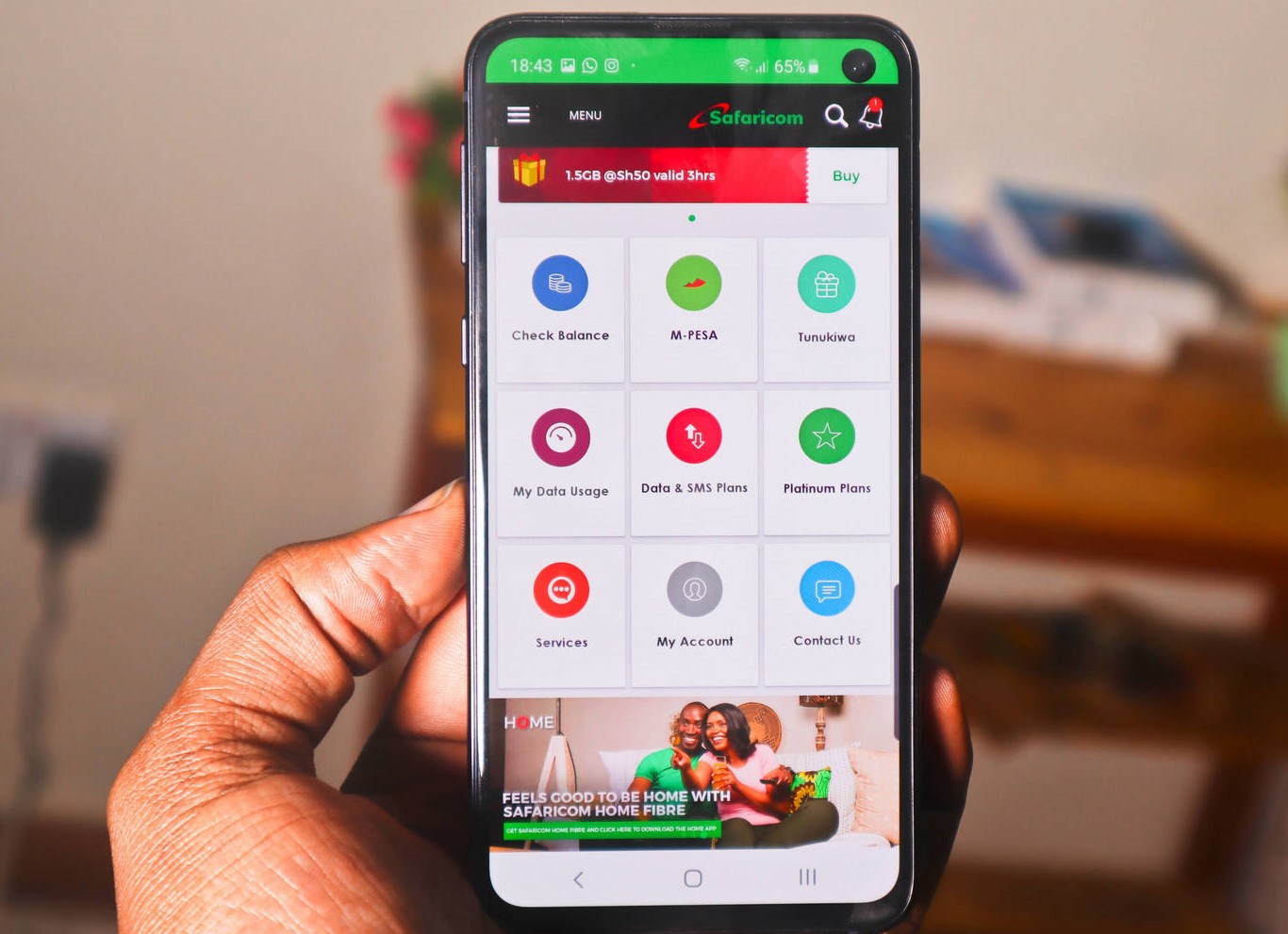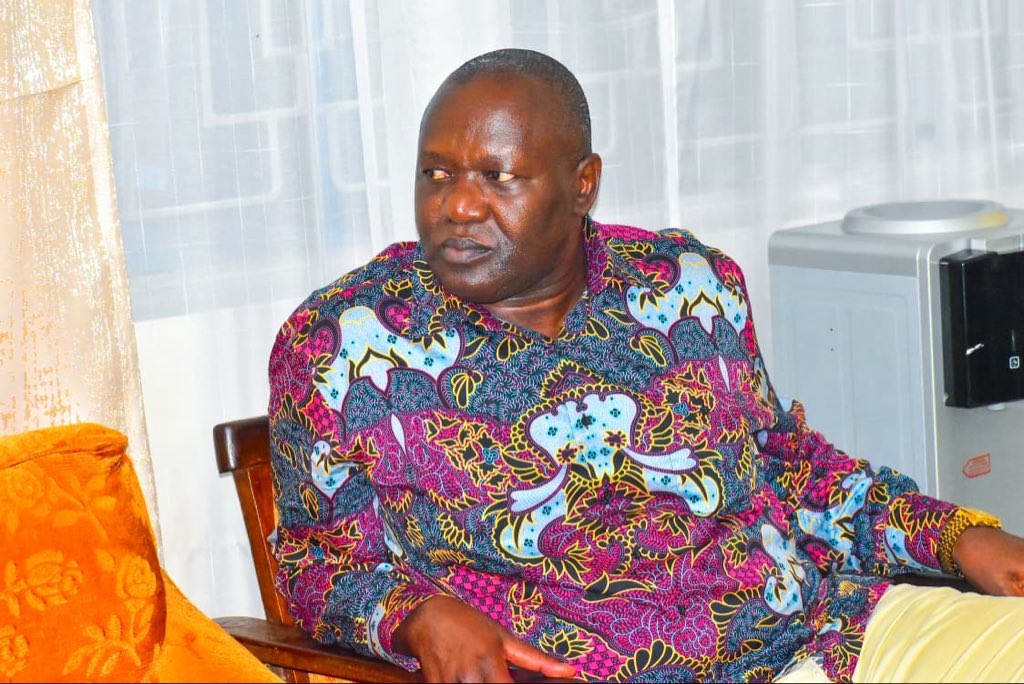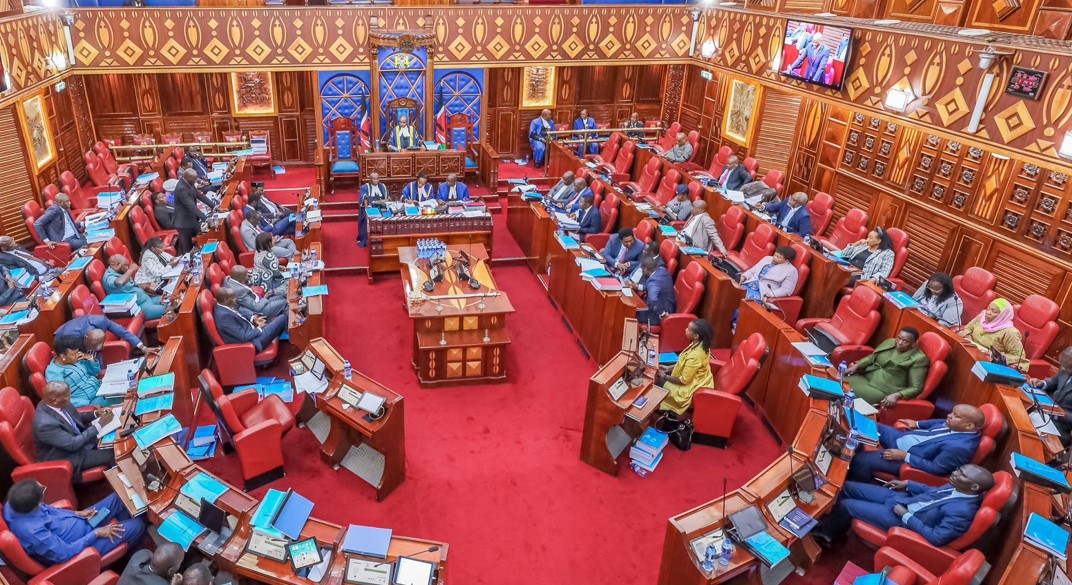Court declines to stop South Sudan from collecting revenue through Ugandan firm

The Kenya International Freight and Warehousing Association (KIFWA) sued the South Sudan Revenue Authority (SSRA) after the tax collector directed agents to collect $350 for a container of all goods destined for the country.
The High Court in Mombasa has declined to stop the South Sudan government from collecting revenue from clearing agents for cargo headed to the country through a company based in Uganda.
The Kenya International Freight and Warehousing Association (KIFWA) sued the South Sudan Revenue Authority (SSRA) after the tax collector directed agents to collect $350 for a container of all goods destined for the country.
More To Read
In the directive issued on March 1, 2024, SSRA instructed KIFWA members to collect the revenue and pay it to a private company identified as Invesco Uganda Limited.
KIFWA petitioned the court to suspend the directive citing the existence of the Regional Electronic Cargo Tracking System (RECTS), set up by the Customs Department in Kenya as a mandatory facility for use by all clearing agents.
The association argues that SSRA instructed them to pay revenue collected to a foreign entity (Invesco Uganda Limited) yet there exists the system operated by the Kenya Revenue Authority (KRA) under the East Africa Community (EAC) Customs and Management Act and Regulations.
They are required to use the Electronic Cargo Tracking Note (ECTN) to collect the revenue instead of the RECTS.
The cargo handlers argued that the implementation of the directive amounts to unreasonable and double taxation and has occasioned an unnecessary pile-up of cargo at various clearance stations in Kenya.
The application was supported by the affidavit of KIFWA Chairman Roy Mwanthi.
KIFWA, the umbrella body incorporating all the clearing agents in Kenya, urged the court to issue a conservatory order for the SSRA not to implement the directive pending the hearing and determination of the suit.
The cargo handlers also urged the court to direct the SSRA to collect the revenue for itself and pushed for a prohibitory order restraining it from collecting revenue ($350) in Kenya.
But the SSRA, in response, told the court that the clearing agents have no basis for questioning the decisions of a sovereign state made on behalf of its citizens.
The SSRA further asserted that courts in Kenya are not vested with any jurisdiction to determine whether the levy imposed by South Sudan on its citizens is either rational or reasonable, or in any manner whatsoever question its implementation.
Justice Olga Sewe declined to issue the orders as sought.
"Whereas petitioners (KIFWA) are of the posturing that the directive is unconstitutional in every sense, it is manifest that the directive was made by or on behalf of the Government of South Sudan in respect of imports to and exports from that nation," stated the judge.
"The respondent (SSRA) has explained that the amount of $350 is payable only by its nationals; and therefore that it has the duty to determine the modalities of payment. From the foregoing, it is plain that (KIFWA) has not made out a solid case, granted the doctrine of sovereign immunity."
The judge said that until it is proven otherwise, there would be no basis for restraining the SSRA from implementing the directive.
KIFWA told the court that they were experiencing delays in the release of goods headed to South Sudan from Mombasa, internal container depots (ICDs), and container freight stations (CFSs) as the goods are only released after authorisation by the South Sudan Customs Officers.
The association lamented that the directive to collect the revenue through ECTN was being implemented in Kenya at the ports, ICD, CFSs, and the Malaba and Busia border points, yet its members are required to submit the sums collected to the Ugandan-based company.
Top Stories Today






